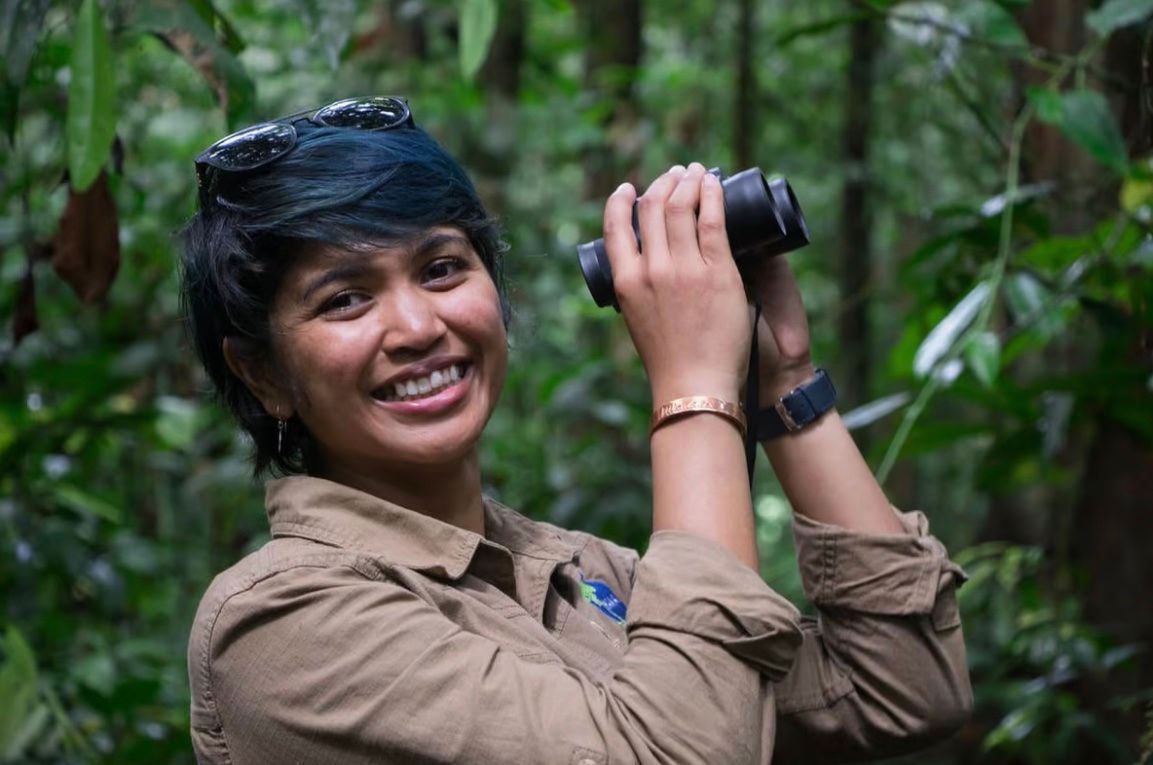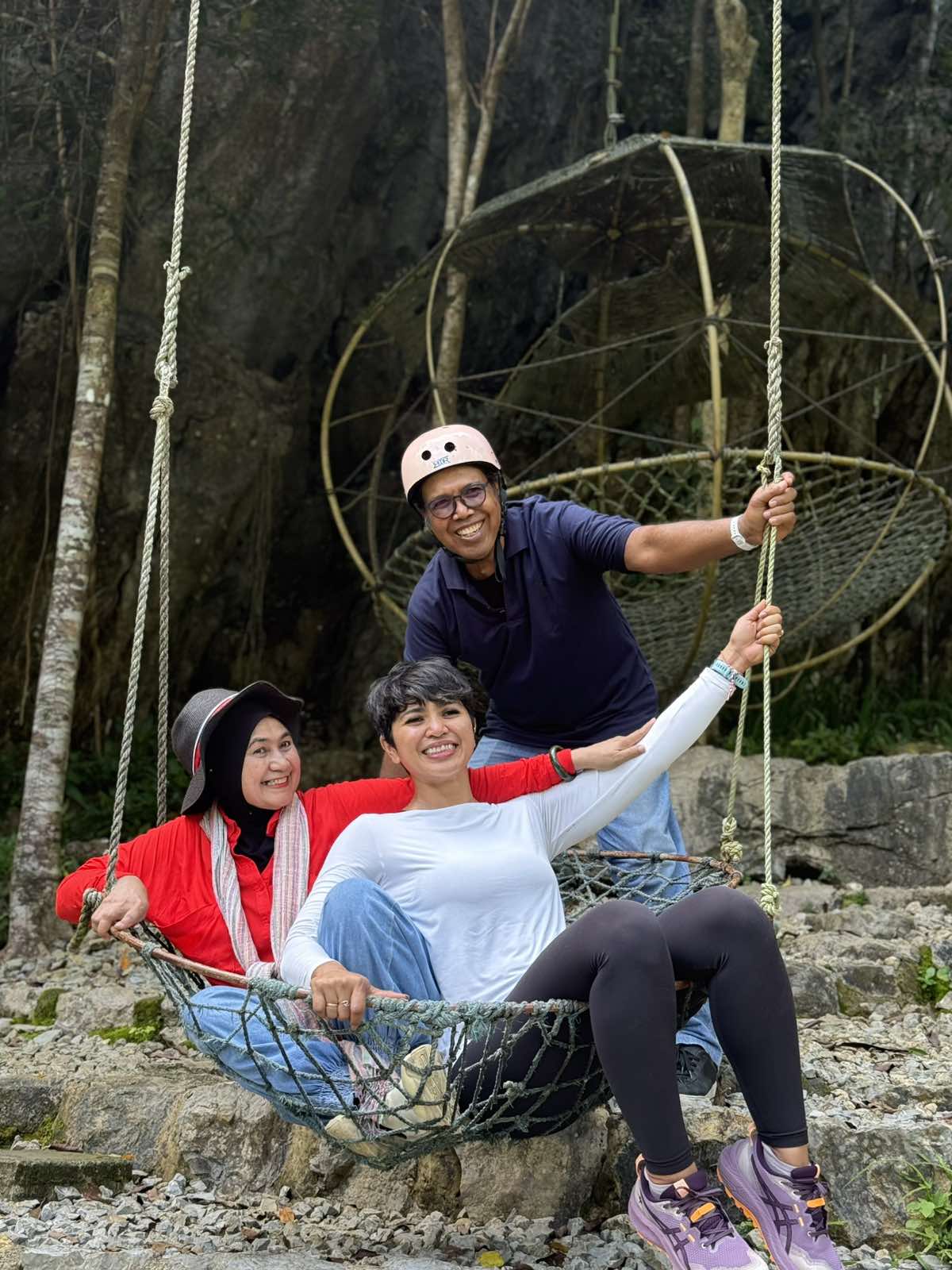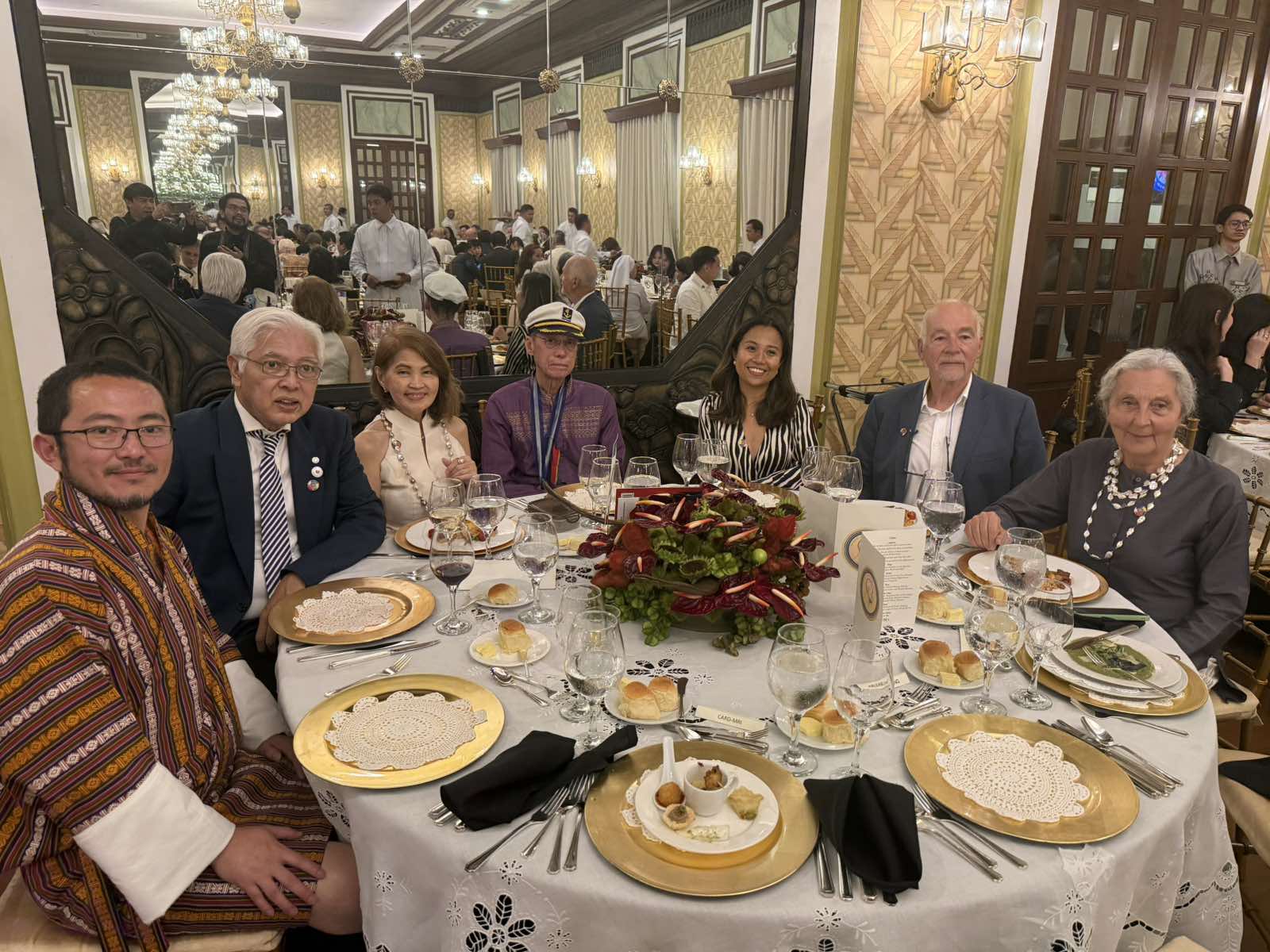Forest fighter Farwiza Farhan, rangers face conservation challenges

Standing up for the environment can often feel like a lonely battle. Yet, moments of connection with fellow conservationists remind us that we are not alone.
When Farwiza Farhan’s team reached out, excited to visit the Masungi Georeserve during her trip to the Philippines for a lecture organized by the Ramon Magsaysay Awards Foundation, we seized the chance to exchange ideas and experiences.
She is one of the five recipients of the 2024 Ramon Magsaysay Award. Often referred to as the “Nobel Peace Prize of Asia,” the award honors individuals and organizations exemplifying great spirit and service in the continent.
This year’s honorees include Japanese animation legend Miyazaki Hayao, Bhutanese scholar and social entrepreneur Karma Phuntsho, Vietnamese advocate Nguyen Thi Ngoc Phuong, and Thailand’s Rural Doctor’s Movement.

Born in Aceh, Indonesia in 1986, Farhan's love for her homeland’s natural beauty shaped her dreams of becoming a marine biologist. After pursuing her education abroad, she returned with a master’s degree in environmental management, only to find her beloved forests devastated by deforestation and commercial exploitation.
This heartbreak became her call to action.
Farhan now focuses on protecting the Leuser Ecosystem in Sumatra, a critical habitat for endangered species. Despite its UNESCO World Heritage status, the ecosystem faces severe threats from deforestation, weak law enforcement, and harmful infrastructure projects.
These challenges intensified in 2013 when the Aceh government dissolved the Leuser Ecosystem Management Authority.
To counter these threats, she founded HAkA (Forest, Nature, and Environment of Aceh Foundation), which empowers local communities, especially women, to protect the ecosystem through advocacy, monitoring, and grassroots engagement.
Among HAkA’s successes are a court victory imposing $26 million in fines on a palm oil company for forest fires and stopping a dam project that endangered elephant habitats.
Her advocacy resonates deeply with our own struggles at Masungi. One particularly urgent challenge we face is the threat of a multi-billion-peso wind farm being planned within our sensitive karst and limestone ecosystem in Rizal.
While renewable energy is critical in addressing the climate crisis, its development must not come at the expense of highly fragile environments. Limestone ecosystems, like those at Masungi, are biodiversity hotspots that play a crucial role in carbon sequestration and water regulation.
The proposed project disregards these ecological realities, posing significant risks to the forest and surrounding communities.
One of our trustees at the Masungi Georeserve Foundation, Ann Dumaliang, was fortunate to be invited as a panelist to Farhan's lecture, “From passion to action: Leading conservation efforts by empowering women, youth, and communities."
The lecture highlighted all conservationists' dream: For our leaders to choose conservation as an integral part of economic development because "it makes sense to protect wildlife and biodiversity, life and livelihood, and to lift communities by reclaiming their seat at the table."
Farhan recounted a formative early experience when, less than a month into her job, she was sent to a government meeting to argue against a pulp and paper company’s proposal to destroy vast tracts of forest.
Armed with maps and legal arguments, she was instead met with dismissive comments about her appearance. A company director remarked, "I worry about your hair, why aren’t you wearing a proper headscarf?"

This gender-based dismissal reflects broader challenges faced by women in conservation, where serious concerns are often trivialized or ignored. It struck a chord with me, as women in conservation in the Philippines often face similar dismissals, such as being asked personal questions like, “May boyfriend ka na ba? (Do you already have a boyfriend?)” when raising critical issues such as illegal watershed activities.
Farhan also addressed the misconception that local communities are the primary drivers of environmental destruction. She emphasized that large corporations, often backed by political power, are the true culprits.
This resonates with our experience at Masungi, where indigenous communities and farmers are wrongfully blamed for forest degradation while quarrying companies and land grabbers wreak havoc with impunity.
Another key insight from her talk was the systemic barriers that prevent communities from participating in environmental decision-making. She described how environmental impact assessments—essential for large-scale projects—are often inaccessible to local stakeholders.
The documents are dense with jargon, given to communities at the last minute, and presented in ways that prevent meaningful participation. This mirrors the situation in the Philippines, where projects are often railroaded, and communities find themselves blindsided and powerless to act once construction begins.
Farhan's visit to Masungi Georeserve in Rizal, threatened by quarrying interests, political intimidation, and destructive wind energy projects, was a poignant reminder of the shared challenges conservationists face across Asia.
Her fight for the Leuser Ecosystem inspires us to continue defending our forests, limestone karsts, and watersheds. Together, we can ensure that conservation makes sense—not just for nature, but for our collective future.